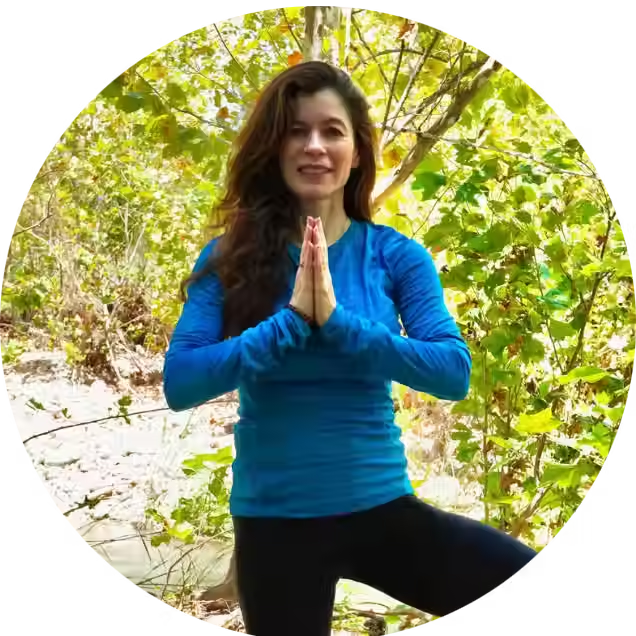Setting the Right Intention with Morning Prayers - Part Two: Acknowledging Body and Soul
- Lane Igoudin
- Aug 19, 2020
- 3 min read
Updated: Dec 10, 2021
In the Buddhist tradition, the first step towards wisdom and liberation from suffering is having the right view, or, in the words of the Japanese Zen master Gudo Nishijima, “seeing the world for what it is.” The right view gives rise to the right intention that is “neither too idealistically impractical, nor too materialistically trivial” and avoids attachment, hatred, and harmful conduct.
The right view and the right intention rarely appear on their own. The way to cultivate them is by introducing contemplative practices in their many forms into daily life.

Contemplation, however, already is a part of the Jewish spiritual work, including morning prayers. How can the two practices merge into one?
The first words a traditional Jew utters upon waking up in the morning are known as the Modeh Ani (“I Thank You”) prayer: fifteen words which express gratitude to G-d for restoring one’s soul, for not taking it away. Soul, neshama, is an integral part of the Jewish vision of a person. First referred to in Genesis 2:7 as ‘breath of life’, soul, breathed into every living being by the Creator at birth, is tehorah, pure. Immediately, thus, upon arising, our mind can be redirected from the dreams of the night and worries for the day into the spiritual realm.
Rabbi Abraham Isaac Kook advised that “in the morning, we need to gather the illuminations that reached the soul [at night and . . .] align, unite, and join anew the soul that was elevated with the body that had descended” (Orot HaKodesh 1:230). In other words, a meditative practice like prayers, when done first thing in the morning, can bring our body and soul into balance and help us develop insight.
A good next step is to bridge Modeh Ani with the blessings via Psalm 104 “My soul blesses you, Lord…” The psalm offers a striking image of the Creator robed in glory, cloaked in light and draped in heavens.
More metaphors of G-d’s majesty and compassion can be found in Psalms 5, 36, and 69, and included into the recitation.
Focusing my mind on these lines, the same lines I have recited hundreds of times, expands my inner space outwards. I notice the shapes of the trees and rooftops against the rising sun, the distinct shades of light and the colors of the sky on this particular morning, the coldness of the early morning air blowing in through the open window.
The more I become aware of the space around me, of the sensations it provides, the more I lose myself in it. It mirrors the meditative experience described by the 12-century Chinese Chan (Zen) monk Hongzhi Zhenghue, “Silent and serene, forgetting words, bright clarity appears before you. When you reflect it, you become vast.”
The next portion, Brachot (Blessings) shifts awareness to the truth and the miracle of being alive, paying attention to both body and soul.
Here I thank the Creator for endowing me with the body, for its many parts that make me function.
“If just one of the organs were to open, or the passageway to close, I would not survive,” reads one of the lines.
Similarly, I wouldn’t exist without a soul breathed into me by the Creator. This is another opportunity during the morning prayers to thank G-d for this gift, to acknowledge it in full. And as I recite the lines, “You created it, shaped it, breathed it into me, are watching it within me, and one day you will take it from me, to return in the days to come,” they redirect my focus to the sensations of breath flowing in and out of my body.
Now is the time for the blessings.
Read here the rest of this 3-part guide to setting up an individual spiritual practice that combines morning prayers with mindful contemplation:
______________________________________________________________________________
Lane Igoudin, M.A., Ph.D., blogs for Applied Jewish Spirituality and produces Blessing the Sea, a monthly newsletter on Jewish mindfulness. He is a member of Temple Beth Shalom, a Conservative synagogue in Long Beach, California, and of Zen Center of Los Angeles. For more information, please visit www.laneigoudin.com.



